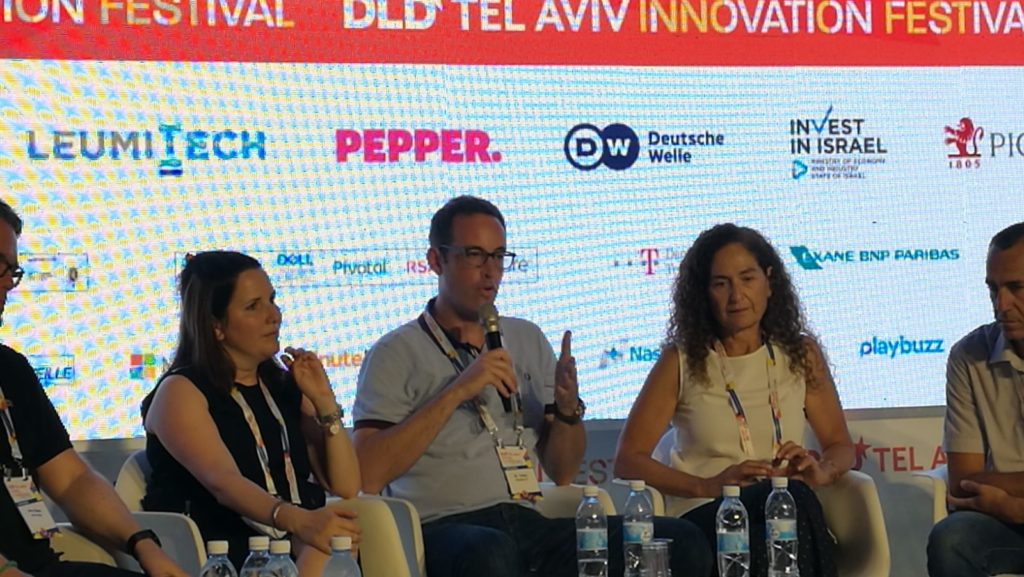Ahead of October’s Future Food-Tech Summit in London, Gil Horsky caught up with the event organizers to discuss exactly what factors are driving food innovation, this is what Horsky had to say…
Horksy says, “Consumers, and especially younger consumers, are swapping the more traditional three daily meals with five or six substantial snacks per day. For example, snacking now accounts today for over 50% of eating occasions, with 91% of consumers snacking multiple times throughout the day. Given the increased role snacks play in people’s lives, and the challenges they face eating healthily while on-the-go, their expectations of these snacks to deliver nutritional benefits are on the rise.”
As Horsky explains, the rapid increase of health conditions such as obesity and diabetes are shifting the way consumers are thinking about snacking; they are expecting snacking companies to be part of the solution. Continuing, Horsky added: “People want their snacks to have a clear “job” that will solve a problem or enable them to better meet their wellbeing aspirations by reducing the “negatives”, delivering on the “positives” or even providing a mood uplift.”
“Today’s younger consumers are demanding personalised products and experiences, especially as they relate to food and nutrition. This new paradigm of personalisation is somewhat counterintuitive to big food manufacturers—as they’ve historically been all about scale and making the same product faster and cheaper. Yet the recent fast technological evolution of 3D printing of food, e-commerce, and digital printing of packaging opened up new possibilities for food manufacturers in terms of personalising food products in an agile and efficient way,” said Horsky.

“But the thing I am most excited about are the advancements in DNA sequencing, gut microbiome, big data and Artificial Intelligence that enable us now to make personalised food and nutrition recommendations that are tailored to an individual’s unique DNA or gut microbiome. This space is still in early stages, but we are now also seeing an emergence of new geographical frontiers such as Asia, Australia and Israel playing a bigger role in developing the science behind this area of personalised nutrition, Horsky explains:
“In Israel for example the government has made a strategic decision to become a leader in food-tech and personalised nutrition, as they have done in the past successfully with cyber-security. They are co-funding VCs in this space, such as The Kitchen, and allocating resources for the creation of a food innovation center in the northern Galilee region. Those efforts in Israel are already starting to payoff with the recent emergence of several local top-notch start-ups in these spaces.”
About Horsky
Gil Horsky is a Global Innovation Platform lead at Mondelēz International, the world’s biggest snacking company. His passion is growing brands and creating innovative products that will delight consumers around the globe. Throughout his career, Horsky has had the privilege to work on some of the most iconic global brands: Milka, Cadbury, Toblerone, Pepsi, Quaker Oats & Tropicana